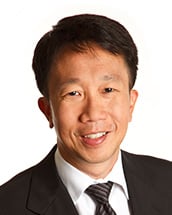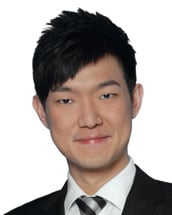In brief
The Health Sciences Authority (HSA) conducted a large-scale operation in collaboration with major e-commerce and social media platforms, removing over 3,300 listings of illegal health products. The operation highlights the HSA’s commitment to consumer safety, targeting substandard or counterfeit products that are potentially unsafe and pose health risks.
In more detail
From 23 September to 23 October 2024, HSA collaborated with eight online platforms to remove 3,336 listings of illegal health products and issued 1,471 warnings to sellers. This marks the HSA’s first large-scale collaboration with these online platforms. Products removed span various categories of goods. For instance, 48% were aesthetic enhancement products, such as DIY beauty injectables, dermal fillers, Botulinum toxin, etc. Others included contraceptives (11%), antibiotics (10%), contact lenses (7%), and sexual enhancement products (5%). About 40% of the listings were prescription-only or pharmacy-only medicines.
The HSA warned consumers that products sold online are often not evaluated for safety or efficacy and may cause severe adverse reactions. Examples include DIY injectable kits and prescription medications that require medical supervision. The HSA also emphasized its close partnership with platform administrators to proactively monitor and remove illegal listings.
In its press release, the HSA reiterated the harsh penalties for persons found to be selling illegal health products. If convicted for the supply of such illegal health products, sellers face up to three years’ imprisonment and/or a fine of up to SGD 100,000.
In particular, the HSA gave examples of some of the penalties it meted out, namely:
- A fine of SGD 266,500 for selling 126 types of cosmetic products that were found to be counterfeit, which marks the largest fine ever imposed for selling counterfeit cosmetic products
- A fine of SGD 19,000 and two weeks’ imprisonment for supplying unregistered health products used in a home-based aesthetic service and for promoting such services on social media
- SGD 18,000 for selling an unregistered skin cream, discovered after investigating a serious adverse event reported in a four-month-old infant
Key takeaways
This action highlights the HSA’s proactive stance on protecting public health by collaborating with key e-commerce platforms to crack down on the illegal sale of health products online. Suppliers and sellers of health products are advised to comply with the HSA requirements.
Illegal health products potentially encompass a broad range of products, from genuine products that are sold via illegal means (e.g., without prescription) to counterfeit products and grey goods/parallel imports. Depending on the specific facts, regulatory and intellectual property laws may be engaged. Various regulators may commence ex-officio actions for genuine products sold via illegal means or where counterfeits are involved, and brand owners can commence private intellectual property actions against sellers of counterfeits. These include criminal raids, demand letters, takedown notices, private prosecution and civil litigation.
The appropriate strategy turns on what the illegal health products are and your overall objective. We have strong expertise in both the healthcare regulatory and intellectual property spaces, and are well-versed to handle the interplay and advise you on the appropriate strategy.
* * * * *

© 2024 Baker & McKenzie. Wong & Leow. All rights reserved. Baker & McKenzie. Wong & Leow is incorporated with limited liability and is a member firm of Baker & McKenzie International, a global law firm with member law firms around the world. In accordance with the common terminology used in professional service organizations, reference to a “principal” means a person who is a partner, or equivalent, in such a law firm. Similarly, reference to an “office” means an office of any such law firm. This may qualify as “Attorney Advertising” requiring notice in some jurisdictions. Prior results do not guarantee a similar outcome.





